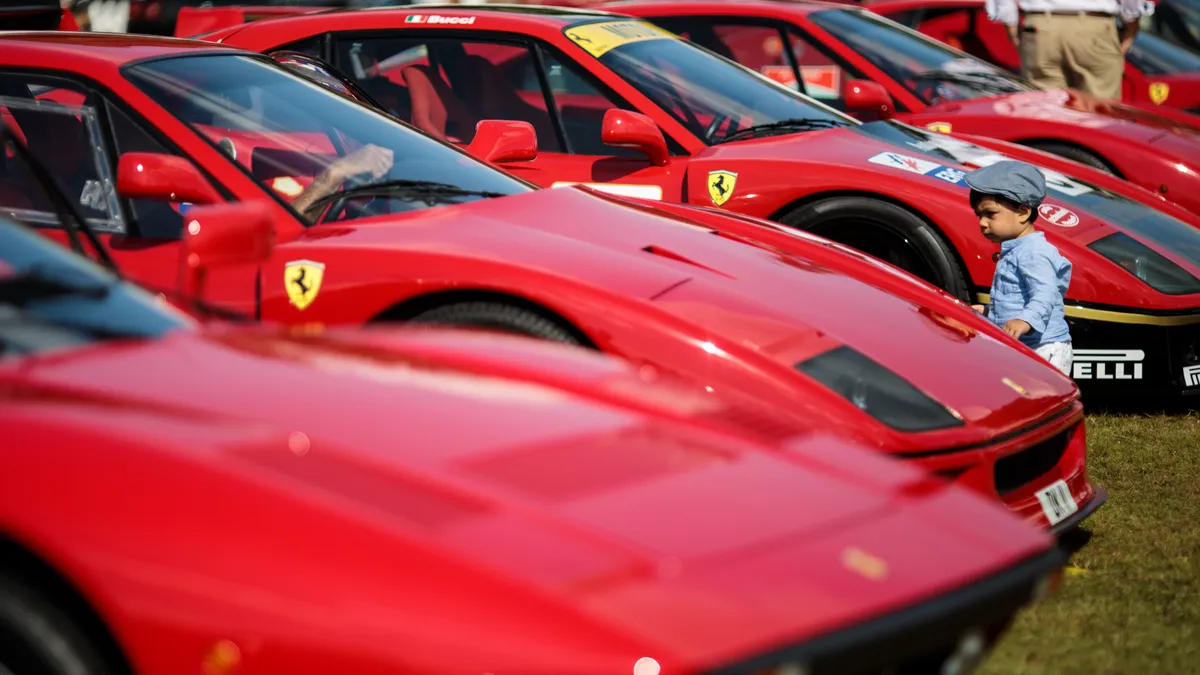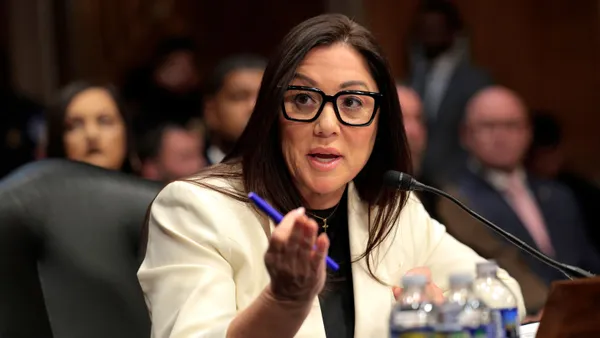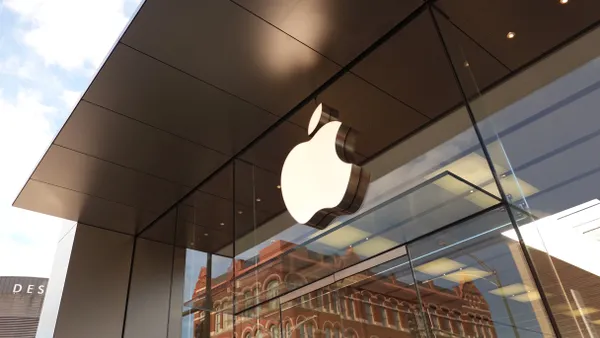Dive Brief:
- Ferrari announced Tuesday it has shut down a gas-fueled trigeneration plant at its factory in Maranello, Italy, in a bid to swap a “significant portion” of its methane gas consumption with renewable energy sources.
- The luxury sports car manufacturer said it would lean on clean power solutions to generate electricity for its operations and aims to double its solar power production by installing photovoltaic systems. The company seeks to produce about 10 megawatts of solar power by 2030, according to a press release.
- The Italian company said closing its plant — which has generated electricity, heat and cooling for Ferrari since 2009 — will help reduce its methane gas consumption by 70% and slash its annual scope 1 and scope 2 emissions by 60%.
Dive Insight:
Ferrari said about 40% of the power requirements at the Maranello site are met through renewable energy that is internally produced within the plant and renewable energy supplied through power purchase agreements the company has signed. The remainder of the power is supplied from the grid, but is procured with the guarantee it originates from renewable energy sources, per the company.
The carmaker’s CEO Benedetto Vigna said the shuttering of the plant marked an important step in the company’s sustainability journey.
“We will no longer use gas to produce electricity at this plant, but electricity from renewable sources,” Vigna said in the release. “This is another important milestone following the installation of our fuel cell plant, our new energy-efficient buildings, and the innovations for energy efficiency in our production processes.”
In 2022, Ferrari committed to achieving carbon neutrality across its entire supply chain by 2030. The company also said it would focus on reducing its direct and indirect greenhouse gas emissions and direct its attention to energy, materials and electrification.
The same year, Ferrari — which is known for its powerful petrol-run engines — told investors electric and hybrid models would make up 80% of its sales by 2030 as it worked on shifting to solutions that lowered emissions in the automotive sector. The carmaker is expected to unveil its first fleet of fully electric vehicles by the end of next year.












